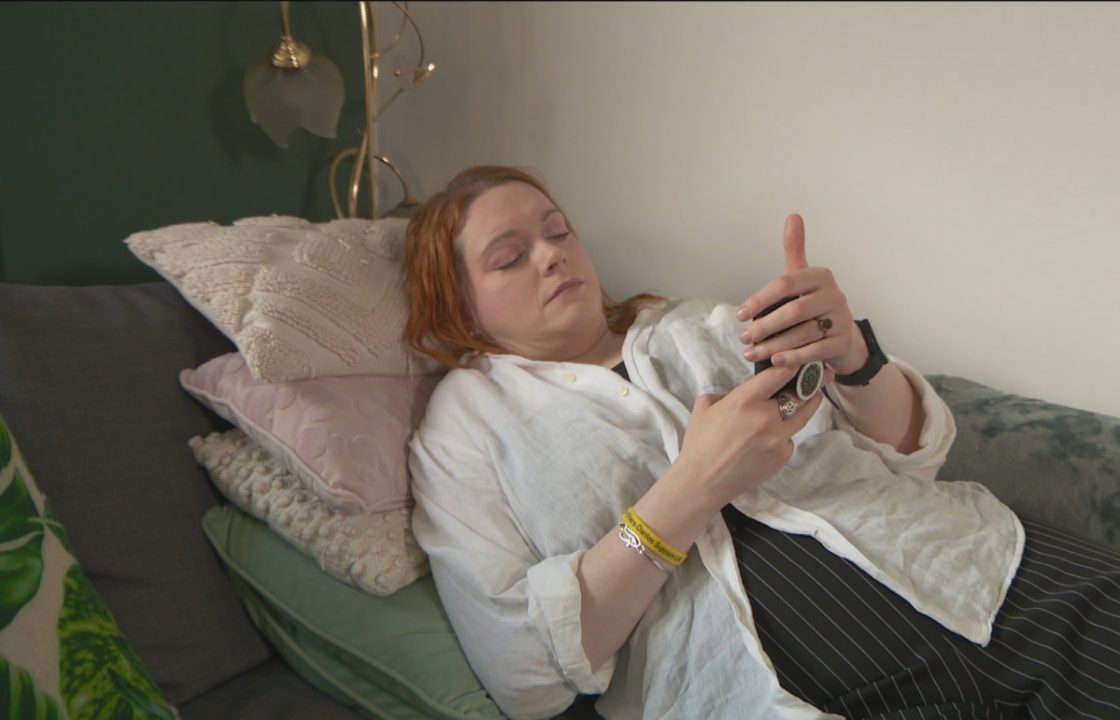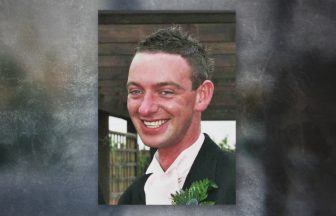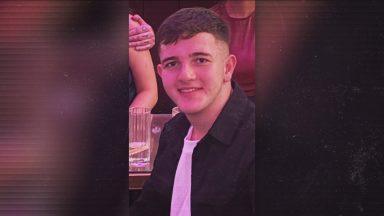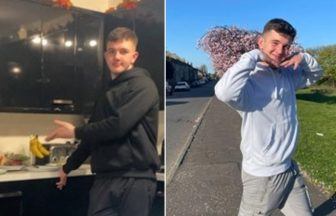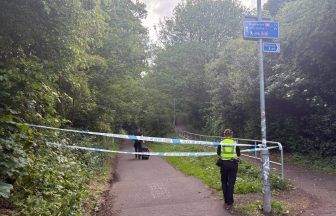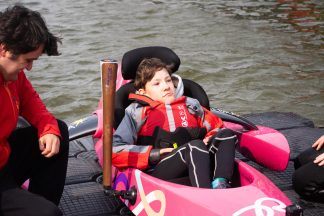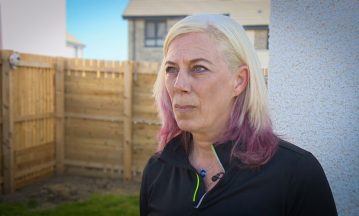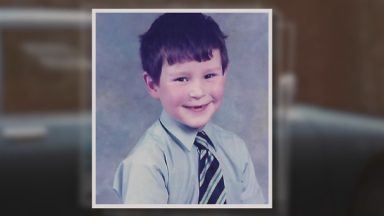Scots living with a common genetic connective tissue disorder are waiting 20 years on average for a diagnosis.
Ehlers-Danlos Syndromes are a group of life-long conditions that affect tendons, ligaments, blood vessels and organs.
Campaigners are raising awareness at Holyrood in a bid to encourage a better pathway to care as it’s estimated around 20,000 people are living with the condition in Scotland.
One patient living with Ehlers-Danlos Syndrome told STV News the associated pain is often so bad that it leaves her feeling suicidal.
Joanna Sinclair was forced to give up her studies due to chronic daily body pain. She now struggles to leave her house as she experiences joint subluxation every few minutes.
She told STV News: “At the moment, I’m struggling with the activities of daily living. I’m managing currently to shower, to try and heat up a meal, I don’t have the capacity to see people, I can’t socialise, you’re suffering from sleep deprivation a lot of the time and fatigue.
“The chronic pain is just excruciating, it leaves you suicidal unfortunately.”
Joanna is just one of thousands of people across Scotland who have waited years for a diagnosis for their condition, but she had to travel to London to receive it and pay for treatment privately.
A new study by the University of Edinburgh has found on average that patients in Scotland are waiting 20 years to be diagnosed due to a lack of education about the condition.
Dervil Dockrell, a clinical specialist occupational therapist, said: “There was a high level of patients going down to England to be diagnosed – one in seven – and actually one in four had to travel for specialist therapy, which wasn’t available in Scotland.”
The charity Ehlers-Danlos Support UK has been speaking to MSPs at Holyrood about the current situation.
Anne Sutherland, the charity’s volunteer lead for Scotland, said: “We need a pathway of care for people, we absolutely need to get better care, better services in place because people are suffering.
“People are losing their lives, their livelihood, their homes and their sense of identity.”
Help and support is available now if you need it. Details of services available can be found at stv.tv/advice
Anyone feeling emotionally distressed or suicidal can call Samaritans for help on 116 123 or email jo@samaritans.org
Follow STV News on WhatsApp
Scan the QR code on your mobile device for all the latest news from around the country


